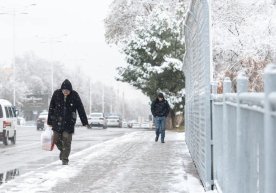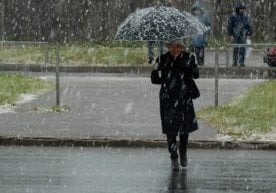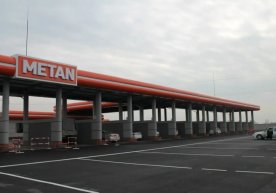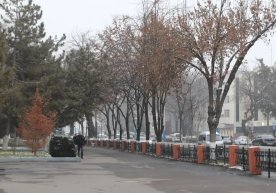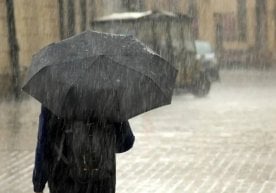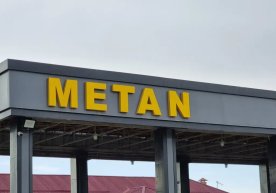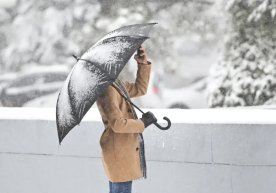In Tashkent, environmental control at construction sites has been strengthened
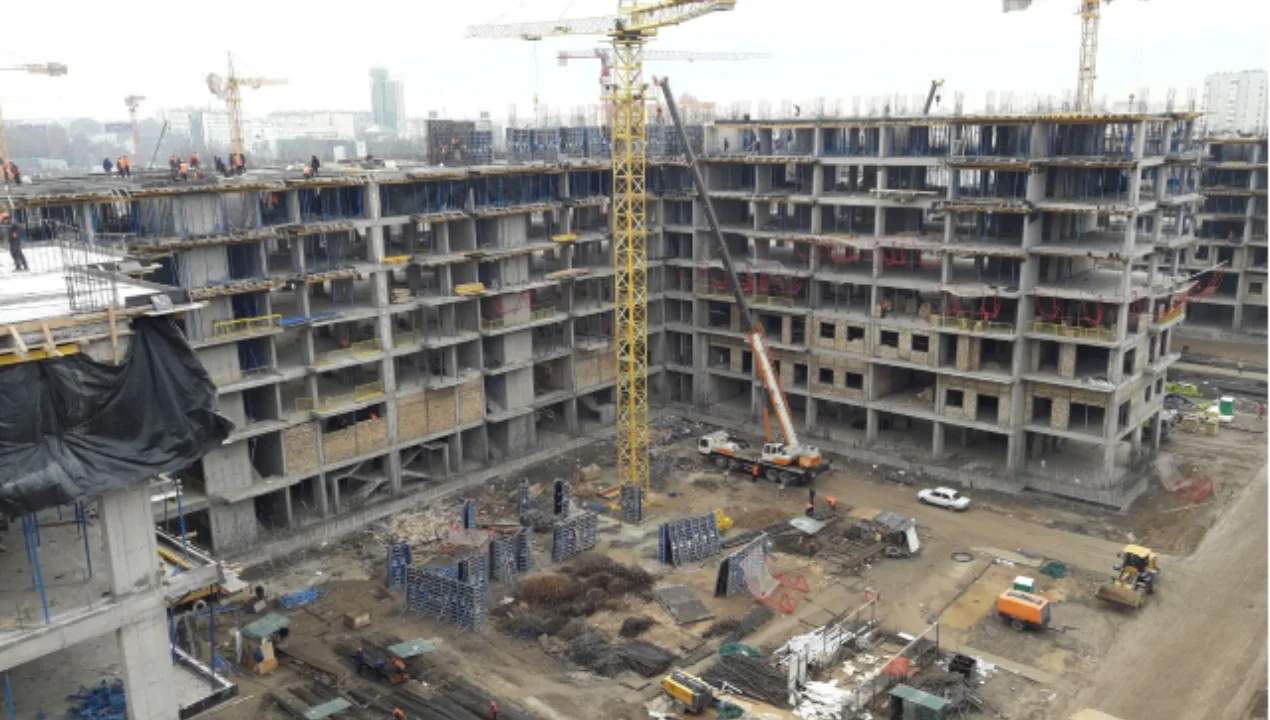
Large-scale environmental raids are consistently continuing in Tashkent to reduce factors harmful to the environment. The National Committee for Ecology and Climate Change, the Road Safety Department of the Ministry of Internal Affairs, the Prosecutor General's Office, the Construction and Energy Inspectorates, the Sanitary and Epidemiological Service, and a number of other responsible agencies have joined forces to strengthen control in this process.
As part of the raids, construction sites in 12 districts of the capital were comprehensively studied. More than 140 specialists and employees were involved in the events. Their task is the early detection and suppression of situations that negatively affect air, land, and water sources during the construction process.
The inspection results showed a concerning picture: in 60 out of 96 facilities, the requirements for preventing the spread of dust and sand into the air were not met at all. In addition, it turned out that this requirement was grossly ignored, although at least a quarter of the construction site at 47 facilities was supposed to be landscaped.
Strict measures were taken for the identified violations:
• Construction at 15 facilities has been temporarily suspended;
• 70 responsible persons were brought to administrative responsibility;
• 68 employees received an official warning.
At the same time, practical work was carried out on the implementation of environmental requirements. Including:
• Special water-washing devices were installed at 24 facilities;
• Special pools for washing vehicle tires have been organized at 62 facilities.
Officials emphasized that these raids are aimed not only at stopping offenses but also at raising environmental awareness in the construction sector, reducing negative impacts on air quality, and ensuring strict adherence to sanitary standards.
At a time when construction is rapidly progressing in the capital, such effective control mechanisms are crucial for environmental protection.
Read “Zamin” on Telegram!














